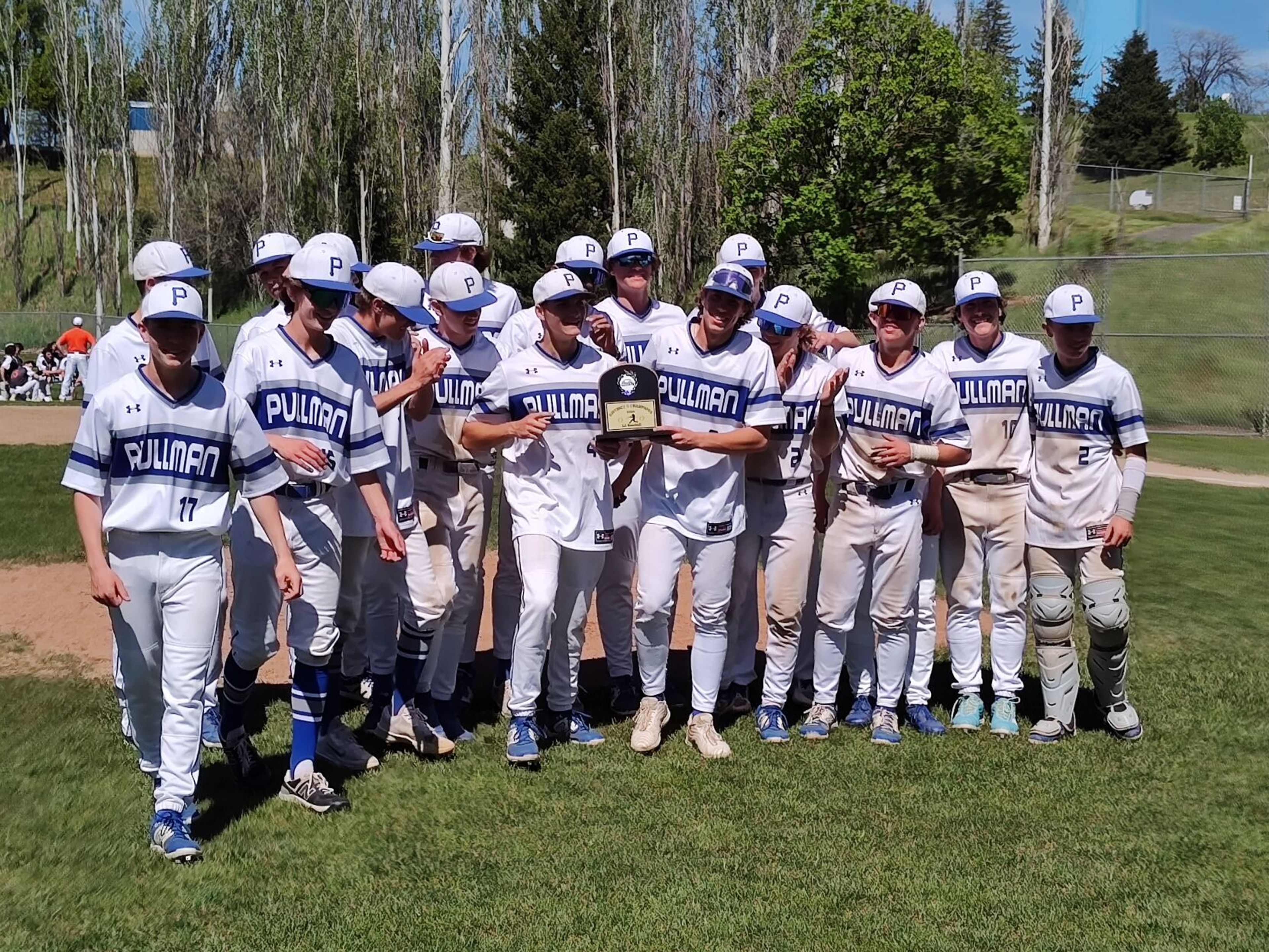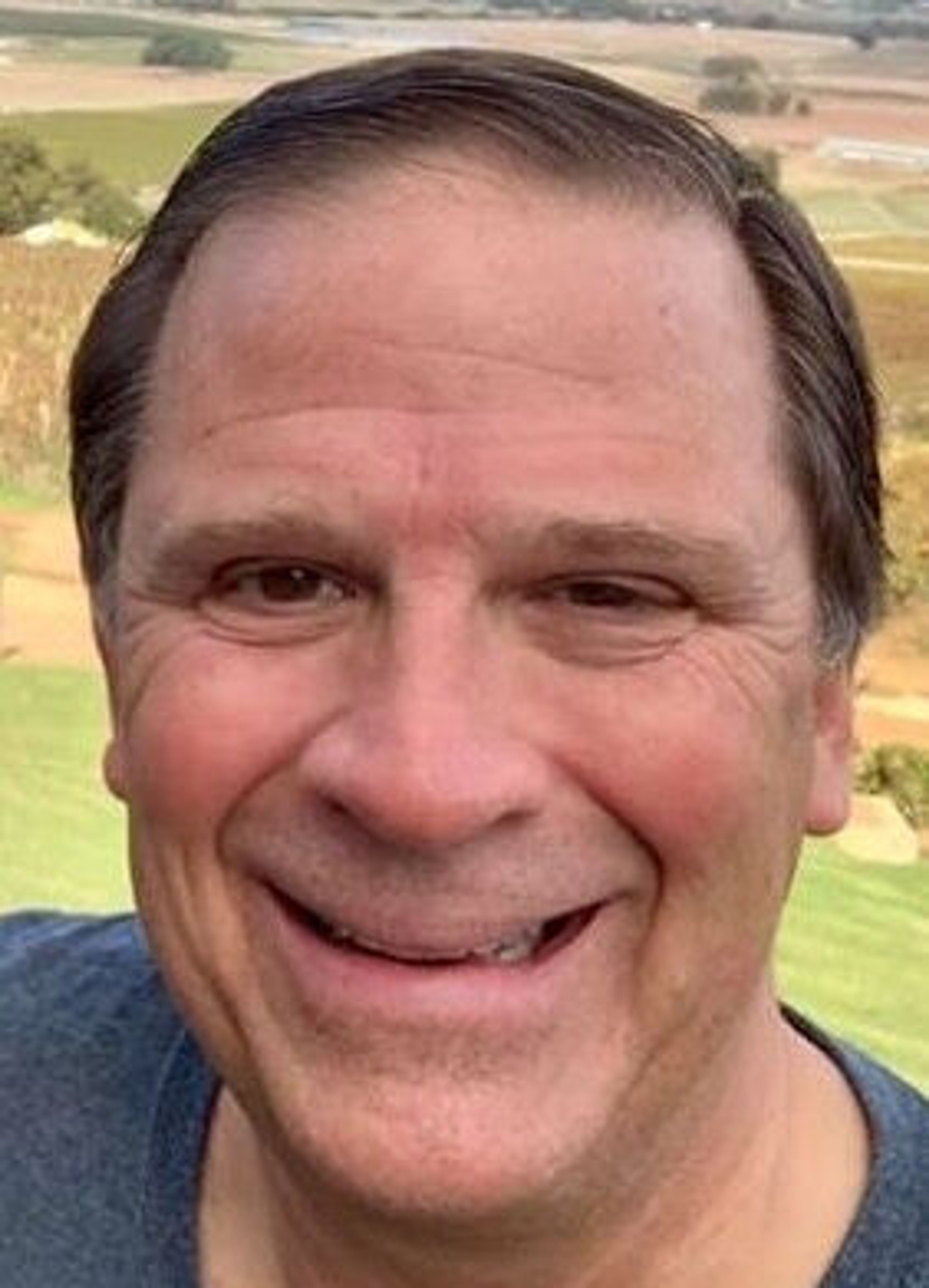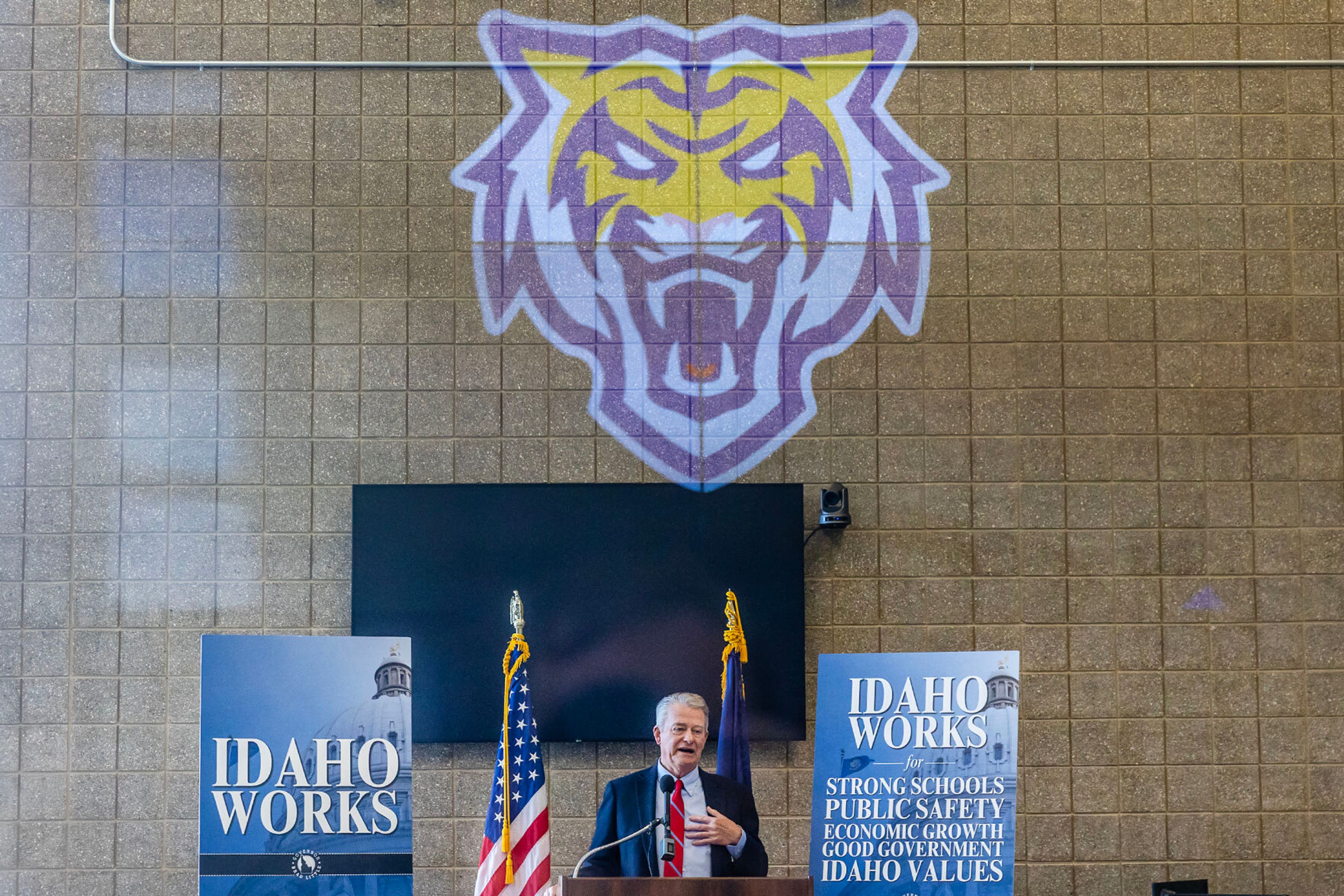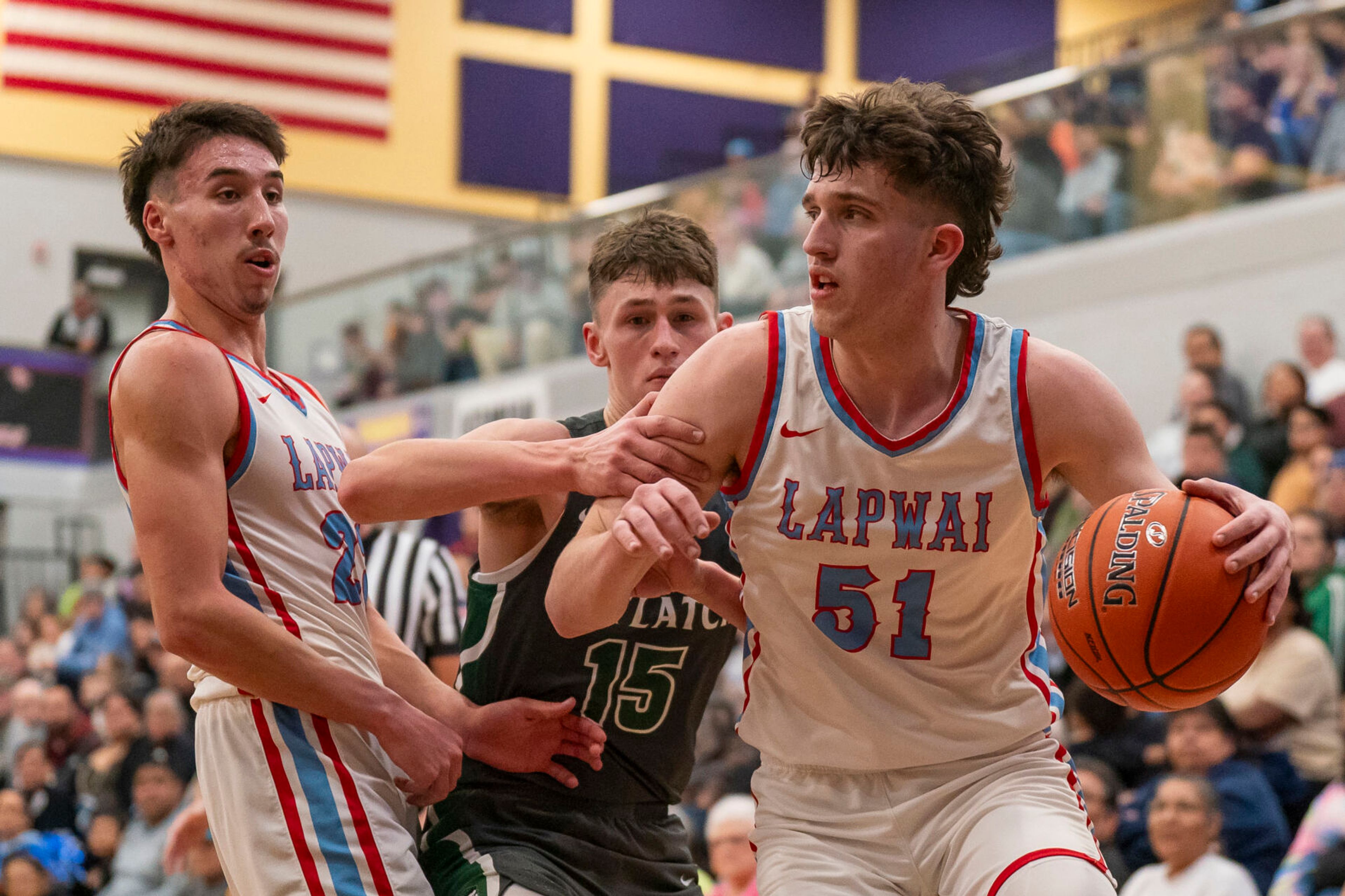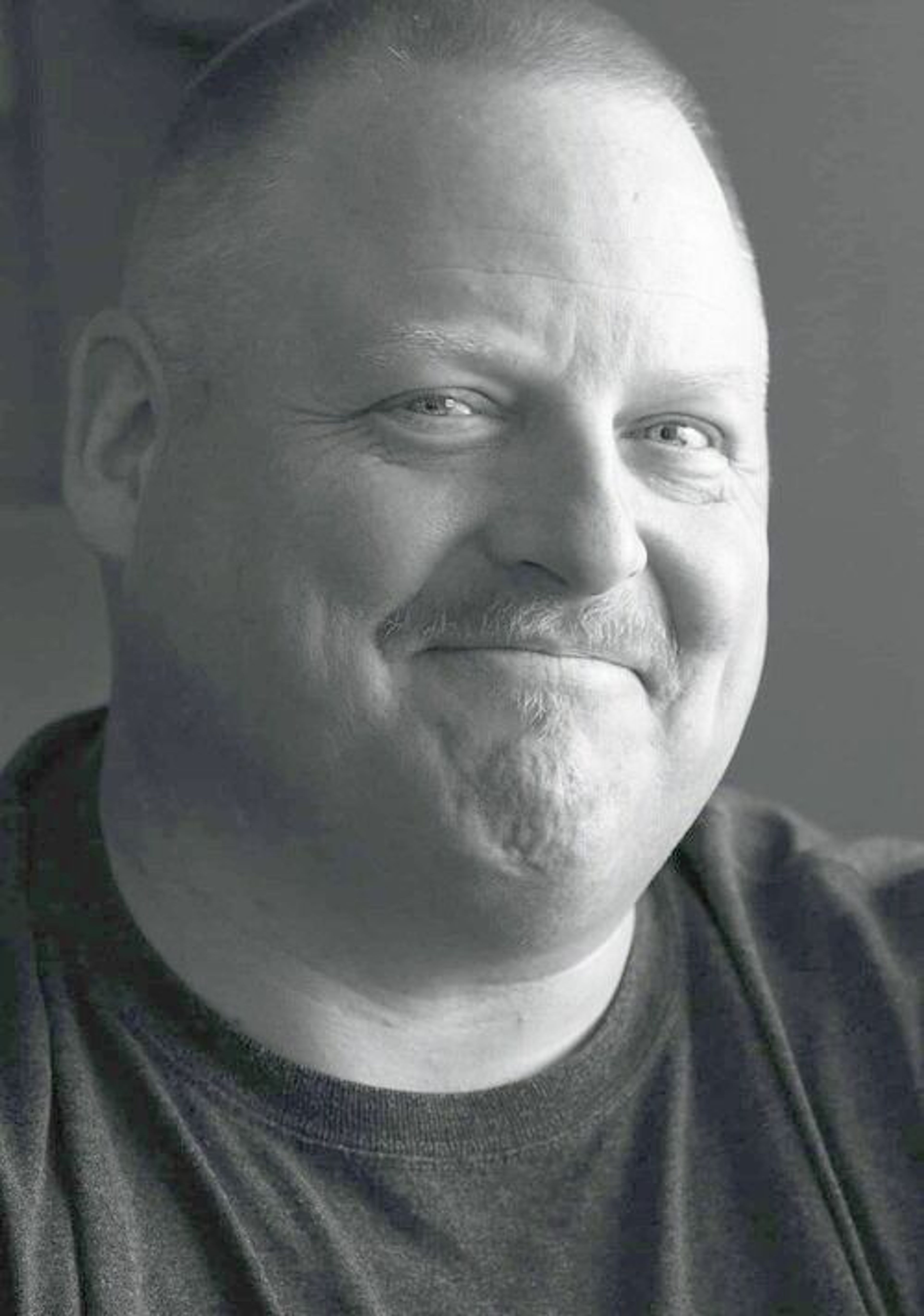WSU project tells untold story of WWII soldiers
The Fallen Cougars Project sheds light on former students who died in battle
The Washington State College students who would go on to fight in World War II were very much like the Washington State University students of today.
But when it was their turn to serve their country, they were called upon to perform extraordinary acts of heroism and sacrifice.
That was one of the major takeaways Washington State University graduate student Samantha Edgerton said she found after completing extensive research into the lives of Cougars who fought and died in the war.
She spent months delving into the soldiers’ letters to loved ones, newspaper clippings, school yearbooks and other documents to create a digital archive of biographies on 20 servicemembers.
The archive represents the beginning of The Fallen Cougars Project, an effort started by Edgerton’s adviser Ray Sun, a WSU associate professor of history,
Edgerton will present her findings 7 p.m. Monday at the Pullman Depot Heritage Center.
Sun said the 20 soldiers digitally archived by Edgerton represent the first step toward archiving about 200 Cougars who served during that time, back when the school was called Washington State College.
With the help of funding from the Lawrence Stark Graduate Fellowship, he was able to hire Edgerton to spend about 30 hours a week completing research on 20 WSC students who fought in the Pacific War.
Sun said the goal is to eventually make these digital archives available on the WSU Libraries’ website for the public to view.
Edgerton attempted to paint a comprehensive picture of each military member, including information about their life before attending WSC, their life as a student and their life in the military.
She said sometimes when soldiers are memorialized and wars are talked about, “the humans behind that, at times, get lost.” She hopes the Fallen Cougars Project will change that.
She found several common threads among the soldiers, including that many of them were farmers and first-generation college students. Some were first-generation Americans.
Edgerton said they encountered the same problems students have today, such as the pressures of paying for a college education and the pressures of being the first in their family to try and earn a college degree. In other words, their college experiences were ordinary.
“These are so relatable to the students of today,” Edgerton said.
During wartime, though, Edgerton said these ordinary students had to act “above and beyond themselves.”
Edgerton said she was moved by the “power of the bond” these servicemen shared with each other and their willingness to sacrifice.
“That retains its value today as much as it did 70 years ago,” she said.
She found letters that soldiers wrote to the relatives of their fallen comrades that she described as powerful and complex. When parents asked how their son died in the war, the soldiers in their replies would try to ease their pain with statements like, “He didn’t suffer” or “He was still commanding.”
Sun said the Fallen Cougars Project should shed light on a part of Cougar history that “has been long overlooked.”
Anthony Kuipers can be reached at (208) 883-4640, or by email to akuipers@dnews.com.





